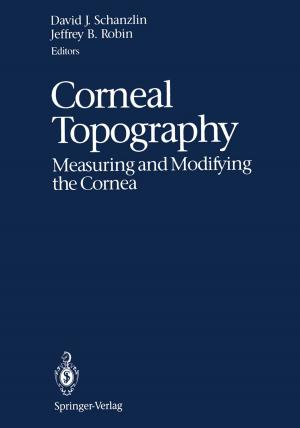Physiocracy, Antiphysiocracy and Pfeiffer
Business & Finance, Economics, Nonfiction, Social & Cultural Studies, Political Science| Author: | ISBN: | 9781441974976 | |
| Publisher: | Springer New York | Publication: | June 14, 2011 |
| Imprint: | Springer | Language: | English |
| Author: | |
| ISBN: | 9781441974976 |
| Publisher: | Springer New York |
| Publication: | June 14, 2011 |
| Imprint: | Springer |
| Language: | English |
Physiocracy, or the economic theory that a nation’s wealth comes from is agricultural and land development, was a popular school of thought in France in the 18th century. The contribution and significance of the Physiocrats and Antiphysiocrats are explored in detail through chapter contributions by economists, philosophers, and social historians. The book concludes that neither the Physiocrats, nor the Antiphysiocrats were pure profit maximizers and that they all had the well-being of the commonwealth in mind. It brings to light previous studies only conducted in German and is the first analysis of Pfeiffer in a century, making the book of interest to any student or scholar of political economy and the history of economic thought. The contribution and significance of the Physiocrats and Antiphysiocrats are explored in detail through chapter contributions by economists, philosophers, and social historians. It brings to light previous studies only conducted in German and is the first analysis of Pfeiffer in a century, making the book of interest to any student or scholar of political economy and the history of economic thought.
Physiocracy, or the economic theory that a nation’s wealth comes from is agricultural and land development, was a popular school of thought in France in the 18th century. The contribution and significance of the Physiocrats and Antiphysiocrats are explored in detail through chapter contributions by economists, philosophers, and social historians. The book concludes that neither the Physiocrats, nor the Antiphysiocrats were pure profit maximizers and that they all had the well-being of the commonwealth in mind. It brings to light previous studies only conducted in German and is the first analysis of Pfeiffer in a century, making the book of interest to any student or scholar of political economy and the history of economic thought. The contribution and significance of the Physiocrats and Antiphysiocrats are explored in detail through chapter contributions by economists, philosophers, and social historians. It brings to light previous studies only conducted in German and is the first analysis of Pfeiffer in a century, making the book of interest to any student or scholar of political economy and the history of economic thought.















